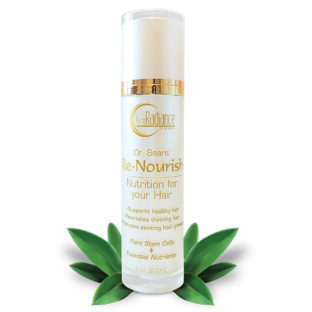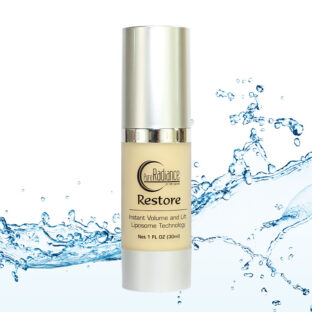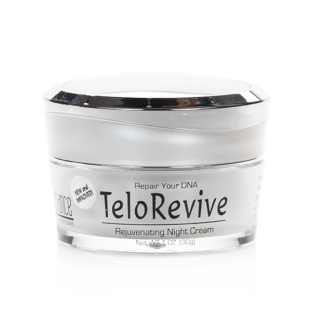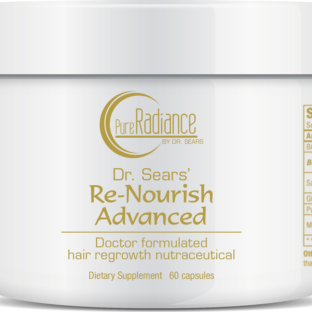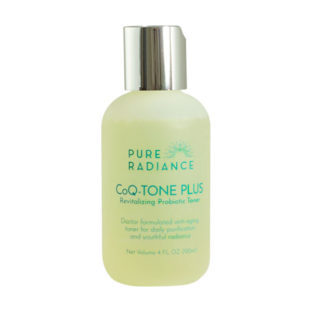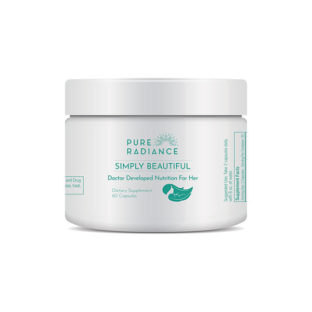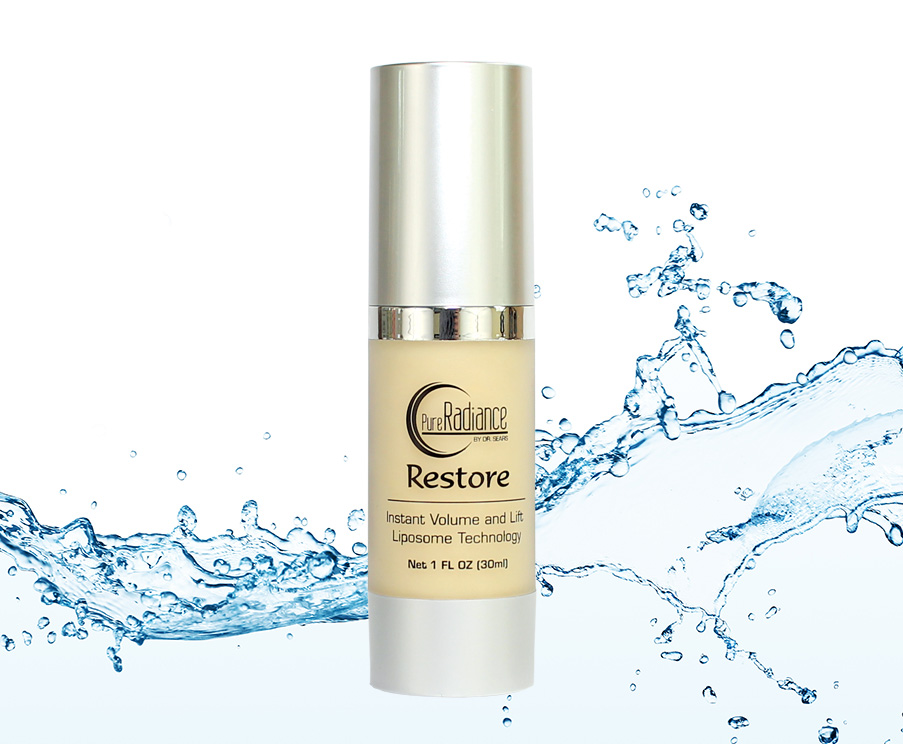My new patient M.K. came to me feeling like her skin was dull and gray, and dry.
She told me no other doctor could help her. So when she came to me, she was a little frustrated.
As I spoke more with her she mentioned in passing that her bladder had begun “acting up.” That’s how she put it. She’d been feeling the urge to urinate more often.
I had a hunch, so I asked her, “Have you started to drink less to so won’t get the urge to go?”
“Yes…”
M.K. isn’t alone… many older women I know avoid drinking too much to keep from going.
Unfortunately, solving only a symptom often causes another if you don’t take care of the underlying problem.
Not drinking enough fluids leads to chronic dehydration. The result of dehydration for most people is dull, dry skin. A lack of hydration can age your skin prematurely, and cause more and deeper wrinkles.1
The good news is you can avoid the urge to go, stop dehydrating yourself, and stop the urge to go all with the same solution.
Frequent urination in women is usually causes by a urinary tract infection (cystitis). It’s easier for women to get infections than men because a man’s urethra is three times longer than a woman’s. It’s a shorter distance for bacteria in that location to travel.
If you go to a standard doctor, they are going to do an evaluation. First they test the area for pain, then they sample your urine … and then they prescribe an antibiotic that you have to take for up to three weeks.
Problem is, now you’ve killed off all the good bacteria in your mouth, your stomach, your colon and your vaginal area, too. This makes re-infection or even a yeast infection more likely, not less.
Plus, antibiotics can give you an upset stomach, making you want to drink even less. The problem there is that the more you drink, the more it helps you flush the bad bacteria out of your system.
Urinary tract infections are also one of the reasons I advise that you do more intense exertion that gets you very sweaty. Sweat is the body’s way of eliminating unwanted toxins and waste. So you should drink lots of water and exercise as vigorously as you can. If you don’t hydrate, the whole cycle of dehydration starts all over again…
I’m going to show you how to use a health-enhancing natural therapy that will let you keep yourself hydrated and stop bladder issues without taking an antibiotic drug.
Some people with a bit of knowledge of natural health treatments will recommend cranberry juice or extract for urinary health.
But I do things a bit differently.
With my patients, I often use the leaves of the bearberry tree (Arctostaphylos uva-ursi). The main ingredient of these uva-ursi leaves is much more potent than cranberry. Plus, it is activated inside the kidney, the bladder, and throughout the urethra, and isn’t lost in the stomach.2
Uva-ursi becomes even stronger when the bladder is more alkaline than nature intended, which is an environment where infections start.3
To use uva-ursi extract, you can choose a tincture, or a capsule form. For the tincture, you’ll need to take about 50 drops in a glass of water three times a day. It’s a pretty good way to stay hydrated and get uva-ursi’s benefits.
To get enough uva-ursi in a capsule form, try to get from 1 to 1.5 grams a day. Split the dose in two, and take it with a glass of water each time.
There’s also something else I recommend that’s very good at boosting immunity and fighting infections.
It’s vitamin C.
If you have a infection concern, you can supplement vitamin C. But getting enough is a little tough. You have to take as much as your stomach can handle and drink water all the time. Maybe within 48 hours your levels will be high enough.
One of the things you can do is get vitamin C intravenously. With an IV, we can give you good blood levels in about 10 minutes. It’s one of the reasons I do this for my patients here in South Florida.
You can contact my Center for Wellness at 561-784-7852 and talk to any of my staff if you’re interested. We’re happy to answer any questions you have.
To Your Good Health,
Al Sears, MD
1. Choi J, Kwon S, Huh C, Park K, Youn S. “The influences of skin visco-elasticity, hydration level and aging on the formation of wrinkles: a comprehensive and objective approach.” Skin Res Technol. 2013;19(1):e349-55.
2. Head K. “Natural approaches to prevention and treatment of infections of the lower urinary tract.” Altern Med Rev. 2008;13(3):227-44.
3. Yarnell E “Botanical medicines for the urinary tract.” World J Urol. 2002;20(5):285-93


